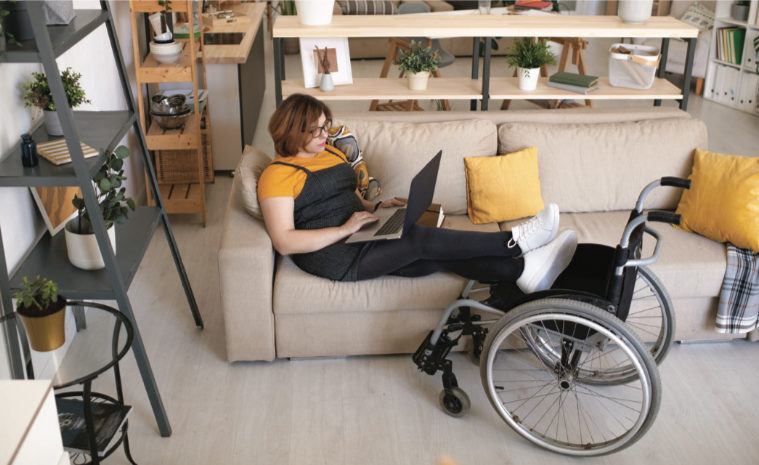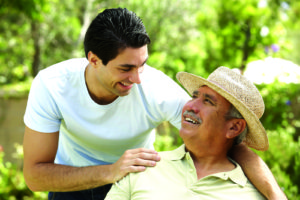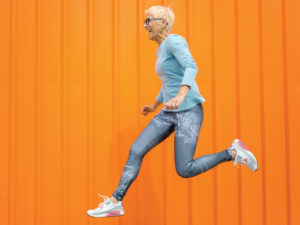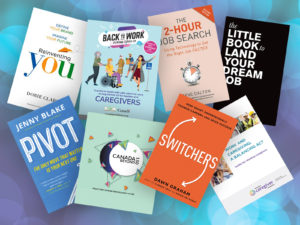By Michelle Hewitt
We are living in strange and uncertain times. From a personal context, in many ways, my life continues just like before. I stayed at home most of the time, and from my wheelchair or my bed, I participated in many meetings and continued my studies. However, beyond the protective bubble of my home, life is very different.
COVID-19 has exposed many weaknesses of our medical systems worldwide, but I think that the cracks in our societal systems are even greater. The same systems that many of us relied on before this are now overwhelmed as everyone lives “our life.” Even the systems being put in place for “the elderly and the vulnerable” are being swamped by those who are neither elderly nor vulnerable. Those on low income cannot afford to pay for grocery delivery, those with restricted diets are struggling with the lottery of what food might be available, and our medication supply chains are overstretched by overfilling of prescriptions, protectionism from the countries with the raw ingredients for many of our drugs, and a US president that just bought 29 million pills of hydroxychloroquine on a whim, with no thought to the people who already use the drug and need it as part of their daily medication regime.
I could go on and on. No single country behaving like this—I see the same in Canada, the UK, the US, all over Europe, Australia. Every country seems to have its own video of people fighting in grocery stores over toilet paper. Collectively, we need to give our heads a shake. We need to do what’s right for people from a fundamental level. We need to care about people. We need to go to Maslow’s hierarchy of needs, start from the bottom and work up.
I’ve been struck by the language I see being used. “The elderly and the vulnerable”—but who are the people behind these labels? In BC, where I live, 2 separate task forces have been struck by the provincial government—the COVID-19 Seniors Working Group and the Vulnerable Population Working Group. The senior’s group, with funds from the government, set up a 211 service for seniors to reach out if they need support getting groceries, medications, that kind of thing. It’s not available to disabled people under the age of 65, but it’s potentially available to everyone over 65 whether they need assistance or not. The vulnerable population group “is working to identify, assess and address the immediate challenges faced in particular by five groups—people living on the street, people experiencing homelessness living in encampments, shelter residents, tenants of private SROs and tenants in social and supportive housing buildings.” (https://news.gov.bc.ca/releases/2020MAH0013-000536). This is the group that is also responsible for the issues faced by all disabled people. However, given the mandate to support the most complex and urgent societal issues imaginable, is that group even going to find the time to sort out, for example, groceries for disabled people under the age of 65—an issue that has already been solved by the Seniors group?!?
There are times that we resist labels as disabled people and times that we need them to access services, as annoying as that might be. Rosemarie Garland-Thomson offers a new term—misfit. She says we fit when we are in harmony with the environment we are situated in, and misfit when we do not, and, importantly, “[a]ny of us can fit here today and misfit there tomorrow.” Certainly, within our current situation, many people who were previously able to work, be out in the community, and still live safely while immune compromised, now find themselves misfitting, unable to go out of their own homes. I paused to consider this label of “vulnerable” that is now applied to disabled people, while reflecting on Garland-Thomson’s description of vulnerability—“a way to describe the potential for misfitting to which all human beings are subject.” I would argue that vulnerability is no longer potential. For all of us, that vulnerability is here, a constant presence, where a virus has created the fear of the unknown in everyone’s lives, and where my way of living has become the new normal. So, if this is the case, who are “the vulnerable?” How can this label provide any help to disabled people who had systems in place, but now find them gone? And how can it help those who were already living precarious lives—lives that have become even more precarious?
Right now, more than ever, we have no need for labels and we certainly shouldn’t be delivering services by label. The continued reliance on labels is exacerbating the cracks in our system, creating duplications and gaps, with access to services based on arbitrary categorization. Every time a service is offered to one group, another group is left out. I believe, or at least hope, that, as disabled people, we live in solidarity with each other and with other marginalized people. Now is not the time to pit us against each other. Now is the time to look at need, and to make sure that no-one is left out.
I wonder what “normal” life will be like, once a vaccine is found and COVID-19 fades into the background. Will those of us who had previously participated in life from home be forced to constantly explain the need for that “accommodation” again, or will it be the “new normal?” Will the label “vulnerable” continue? Will services that we needed all along, such as financial increases to provincial Disability Allowances, remain, or will they be clawed back? As an advocate, I feel a sense of opportunity, that maybe we can establish some practices that will stay with us past these current times, and that as a society we will finally see the needs of people, not labels.
Michelle Hewitt is a former disabilities studies student at Ryerson University.





